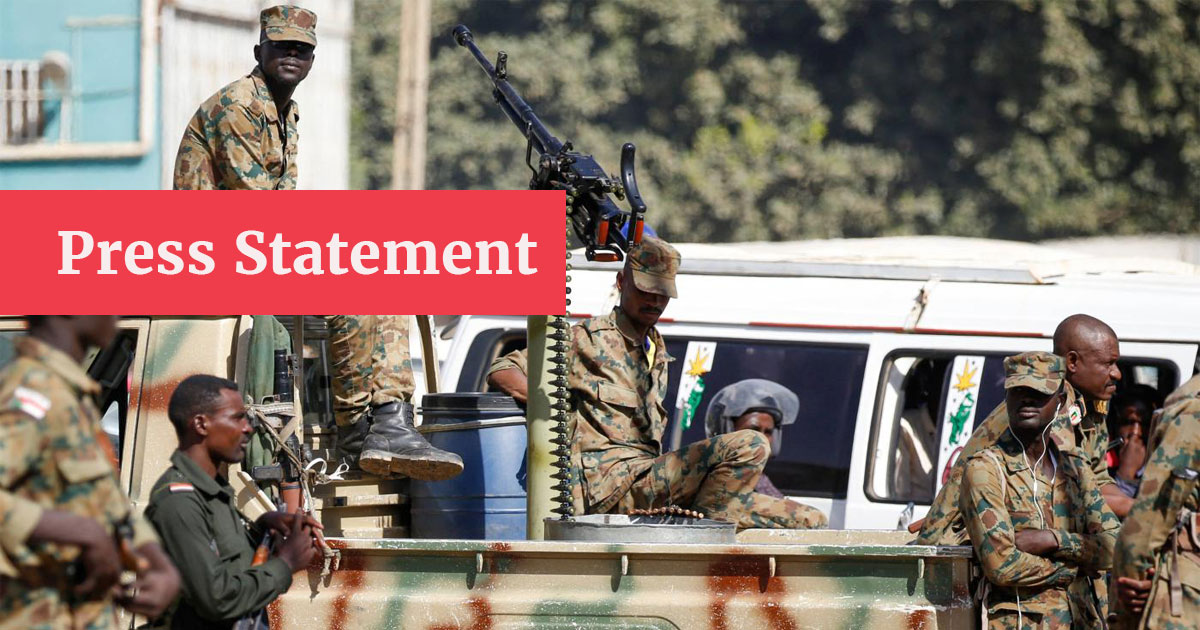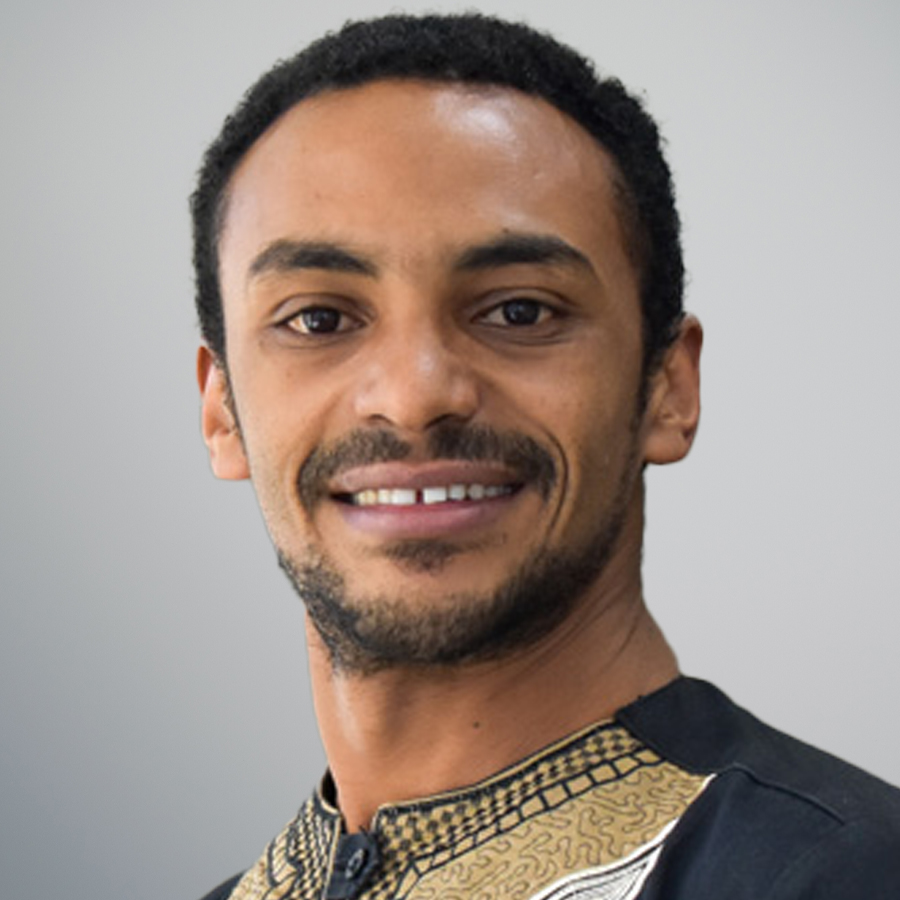The Centre for Human Rights, Faculty of Law, University of Pretoria is deeply concerned about the ongoing internal armed conflict in Sudan which erupted on the 15th of April 2023 between the Sudanese Armed Forces (SAF) and the paramilitary Rapid Support Forces (RSF).
The internal armed conflict began in the Sudan’s capital, Khartoum due to power struggle between the Sudanese Armed Forces (SAF) and the paramilitary Rapid Support Forces (RSF) following the 2021 coup. It has since spread over to other regions of Sudan resulting in massive human rights violations and a serious humanitarian crisis. The conflict sits at the core of Sudan’s political legacy which is characterized by impunity for grave international crimes, coups d’etat and military rule impeding Sudanese people’s struggle for democratic governance.
The situation has resulted in severe food insecurity of about 18 million people, declining health conditions, closure of schools since April 2023, infrastructural damage, gross human rights and humanitarian law violations, ethnic violence, extra-judicial killings of civilians, gender-based violence and displacement. As of early 2024 more than 8 million people have been internally displaced making it one of the largest internal displacement crises in the world and about 1,5 million people have fled to countries such as Chad, South Sudan, Ethiopia, Uganda, Kenya, and Central African Republic. The conflict has had a devastating impact especially on women and girls, who make up most of refugees fleeing Sudan and are more prone to sexual violence. The ongoing conflict has exacerbated gender-based violence, marginalization of women and girls and early marriages due to lack of access to education. In essence, the conflict has had a disproportionate impact on Sudanese women and girls. The now dilapidated health facilities have hit pregnant women hard. The conflict has resulted in the malnourishment of about 3.6 million children, abduction of children, and has also caused roughly 19 million children to drop out of school due to some schools being turned into military barracks at a time when the African Union has declared 2024 the “Year for Education”.
The conflict has intensified tensions between the two armed forces, it has worsened political instability and has virtually closed any window of opportunity for the reclamation of democratic governance and dismantling of military rule in Sudan. Diplomatic efforts and the call for ceasefire have not yielded any result. This underscores the urgent need for human rights-based and robust political, economic, and legal responses to end the war and its devastating effects.
Warring Parties to the armed conflict and external actors
The Centre for Human Rights calls on the warring parties to cease hostilities with immediate effect. It further calls on the warring Sudanese Generals to come to the negotiating table, to stop turning schools into military barracks and refrain from recruiting children as soldiers. The Centre also call upon external actors to play a positive role and have a shared goal which is to end the humanitarian crisis, curb internal displacement, restore peace and stability and respect human rights of civilians.
The Centre for Human Rights calls upon all parties involved to adhere to their obligations under international humanitarian law and to respect international human rights law to protect civilians from further causalities, harm, and displacement.
International Community
We call upon the international community to take immediate action to end the conflict and deploy diplomatic efforts or measures to find an amicable solution between the two armed forces and consequently end the humanitarian crisis. We call on the African Commission on Human and People’s Rights to investigate the massacre of over 100 people, amongst them women, children and the elderly, in Wad Al-Noura village, Gezira. The attacks are reported to have taken place on the 5th of June by the Rapid Support Forces. We call on the African Commission to investigate the mass atrocities, ethnic cleansing, sexual abuse of women, closure of schools and hospitals in Sudan and ensure that the warring parties are held accountable. We stand in solidarity with the people of Sudan and call upon the responsible authorities, United Nations, African Union, IGAD and other actors to provide humanitarian support and protect civilians.
For more information, please contact:



